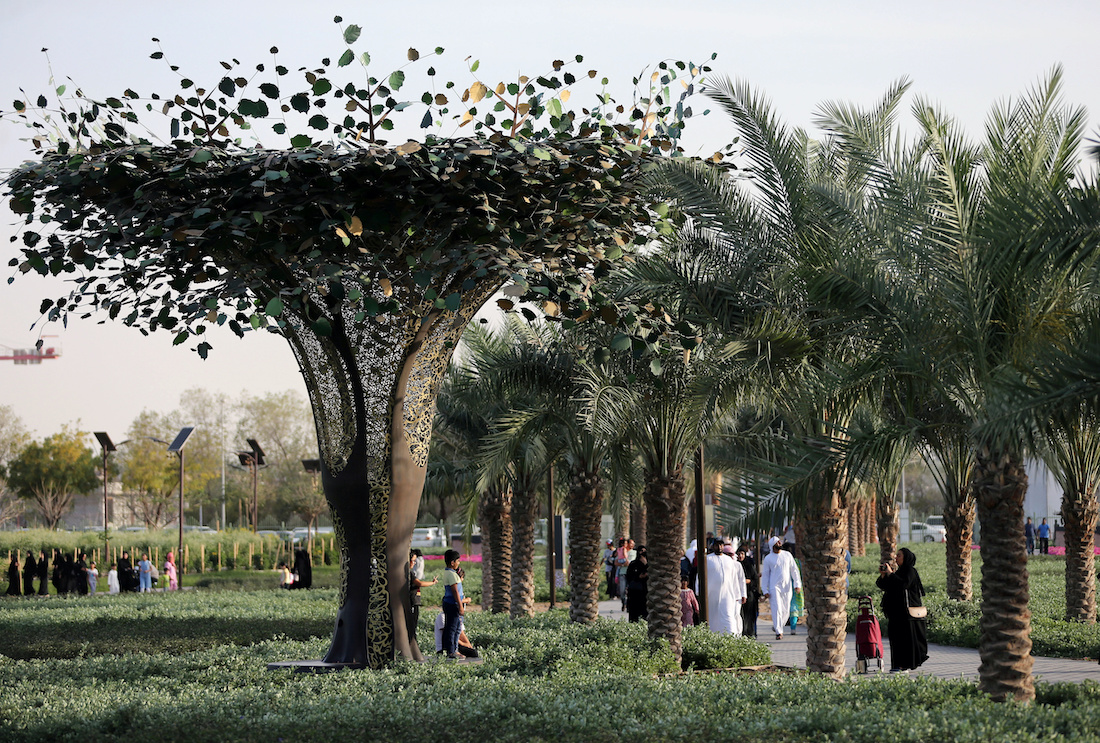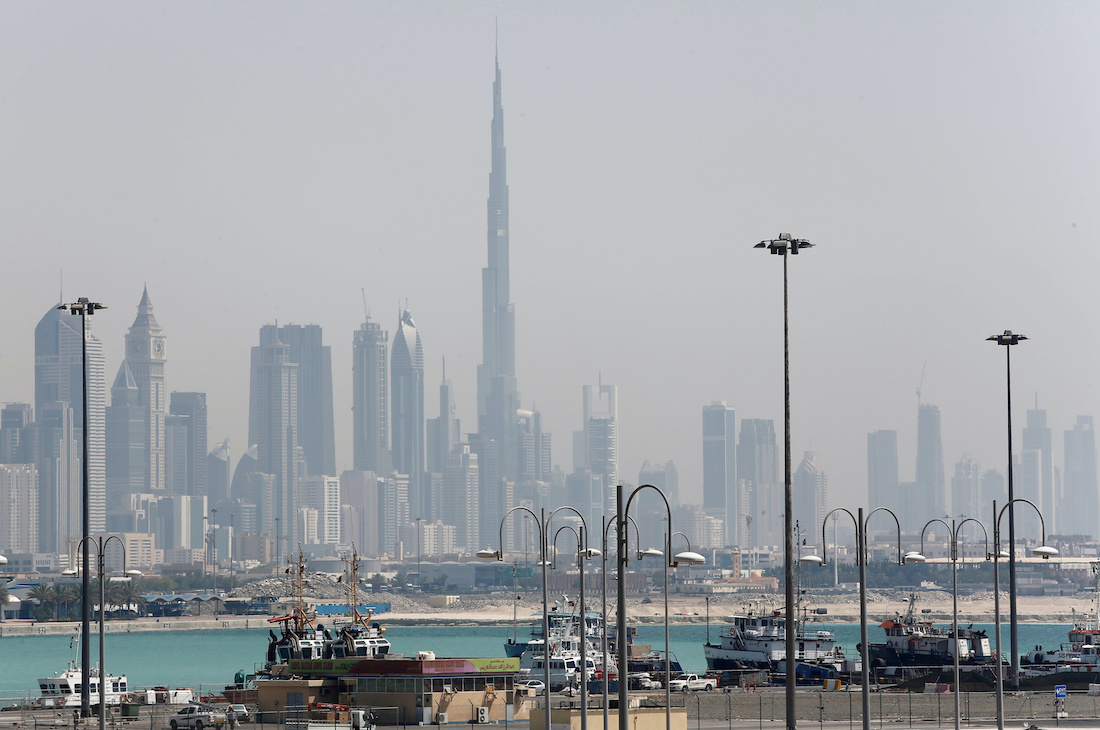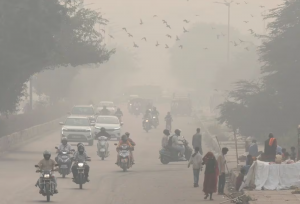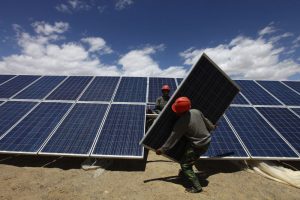The United Arab Emirates is set to celebrate its golden jubilee – 50th birthday – on Thursday, December 2, in extravagant fashion.
The former British protectorate has come a long way from its humble beginnings of tents and simple, mud-brick houses to become one of the biggest players in the Middle East.
Blessed with major oil wealth, the UAE is a now a wealthy economic hub that has become one of the region’s most influential countries.
The Gulf state is a federation made up of seven emirates: Abu Dhabi, Ajman, Dubai, Fujairah, Sharjah, Umm al-Qaiwain and Ras al-Khaimah.
The capital Abu Dhabi, and Dubai, are well-connected air hubs and also home to the regional headquarters of thousands of companies.
Foreigners make up 90% of the UAE’s population, which has grown to 10 million from around 300,000 when its emirates came together.
Its tough laws made most people ineligible for citizenship, but in recent years the UAE has relaxed its residency regulations to boost its economy and attract more foreign investment.
Economic powerhouse
With an economy second only to Saudi Arabia in the Gulf, the Emirates is one of the easiest countries in the world to do business, according to the World Bank.
One of the top oil producers in OPEC, the federation’s rapid growth since the 1970s has been driven by its oil and gas wealth.
But having diversified its economy over the decades, it relies less and less on petrol, with revenues now making up only 30% of its GDP.
In August, the UAE joined the nuclear club, with the Barakah nuclear power station, the first in the Arab world, coming on line.
It also has one of the most vaccinated population in the world against Covid-19, according to official sources.

‘Activist foreign policy’
The Gulf state’s founding father, the late Sheikh Zayed bin Sultan Al-Nahyan, “believed deeply in Arab nationalism, and worked to unite the seven emirates into a single federation”, according to Elham Fakhro, a senior Gulf analyst at the International Crisis Group think tank.
“It remains the only functional system of federalism in the Arab world.”
Among the world’s top producers of crude, the UAE’s rapid growth since the 1970s is linked closely to its oil and gas wealth.
However, Dubai, with scant oil resources compared to the capital Abu Dhabi, has blossomed as a financial, transport, tourist and media hub.
A former pearling town, Dubai now boasts a forest of skyscrapers including the world’s tallest building, the 830-metre (2,723 feet) Burj Khalifa.
Analysts say the UAE wields growing influence partly because it has filled a space ceded by traditional powers such as Egypt, Iraq and Syria.
Since the Arab Spring uprisings of 2011, the UAE’s increasingly assertive foreign policy has included taking part in wars, such as Yemen, and mediating in several conflicts in the Middle East and Africa.
It is also a beacon for many Arab youth fleeing conflict-ridden countries.
“The UAE has long been concerned about its relative vulnerability, in a region where it is surrounded by larger, more powerful states,” Fakhro said.
“Its policy following independence was relatively neutral, but since the Arab Spring it has adopted a more activist foreign policy that aims to shape events in the region to its favour.”
‘We cannot stand by’
A staunch opponent of political Islam, the UAE has become something of a steward in the turbulent region.
Last year, it took the surprise step of recognising Israel, breaking with decades of Arab consensus that eschewed ties with the Jewish state.
“As a committed regional and international actor, we know we need to take on even more responsibility for the future direction of our region,” presidential adviser Anwar Gargash said.
“We have had numerous vacuums over the last decade… We cannot stand by and watch these vacuums filled by malign actors.”
Accusations by human rights groups of violations during its intervention in Yemen’s conflict, and in prosecutions of dissidents, have not stopped the Emirates becoming a magnet for investment.
The UAE has in recent years relaxed its laws to attract more investments, branding itself a “zero tax” haven.
It lifted a cap on non-local ownership, allowed full foreign control of business ventures, and offered long-term “golden” visas to investors and “exceptional talents” such as artists, doctors, engineers and scientists.
Known in the 19th century as the Trucial States, named after a maritime truce, the seven emirates had been a British protectorate since 1892.
But Sheikh Zayed, who ran oil-rich Abu Dhabi, the biggest and wealthiest of the emirates, saw an opportunity to slowly build a powerful state by joining its family-run neighbours under one flag.
On Thursday, the celebrations will include an airshow, a floating theatrical performance on a mountain lake, parades, concerts and fireworks.
• AFP with additional editing by Jim Pollard
ALSO SEE:
United Arab Emirates Aims to Bolster Role as Gateway to Asia, Africa and Europe
UAE Assures Energy Supplies For India’s Growing Needs: ET
























